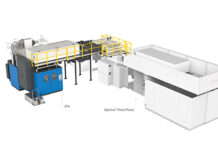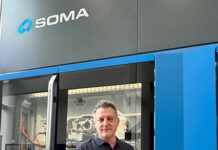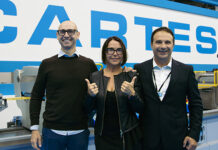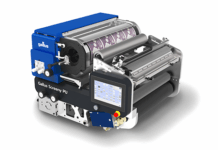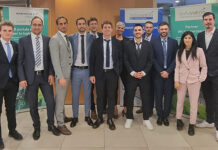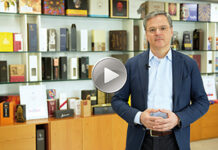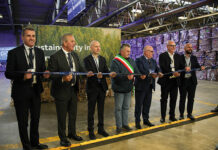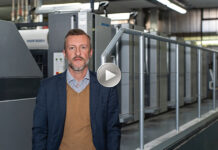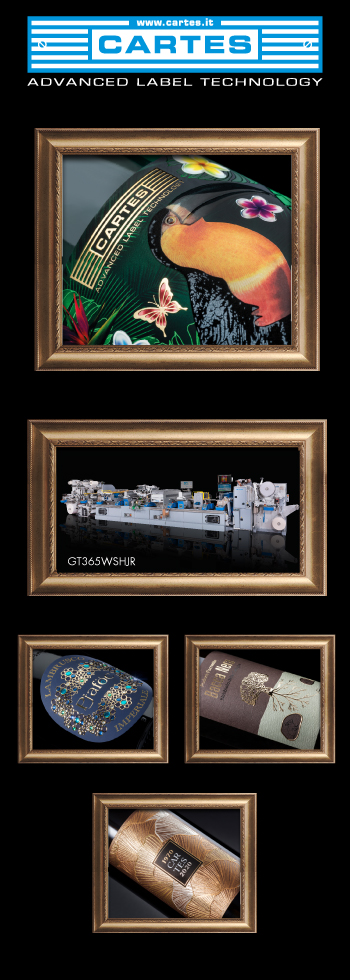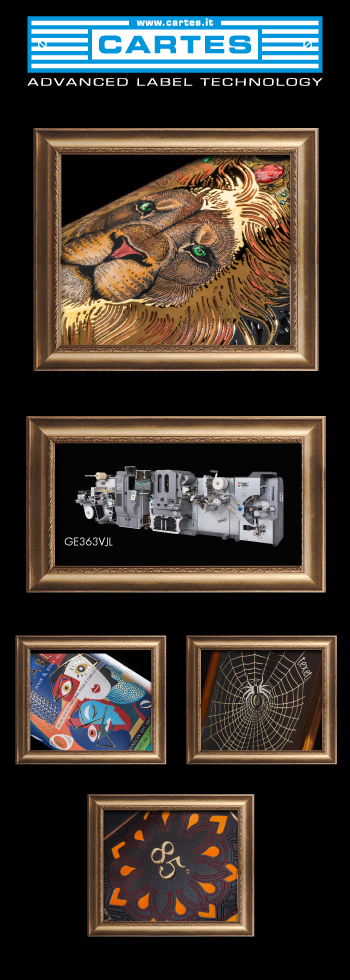By Prof. Loredana Incarnato – University of Salerno – Department of Industrial Engineering
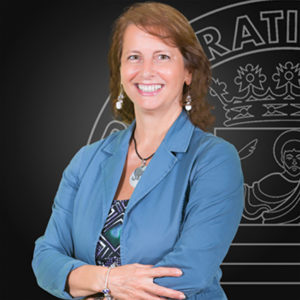
Last june took place the first italian workshop within the european project “pack alliance – european alliance for training and collaboration for innovation towards the future packaging”, funded under the erasmus+ program
The aim of the project, whose motto is “Linking Academy to Industry”, is to promote collaboration between universities and companies operating in the packaging sector in order to bridge the gap between higher education and innovation needs of chain of polymer-based packaging, on the themes of sustainability and circular economy. The project will materialize in the definition and activation of new post-graduate training programs aimed at training expert professionals capable of achieving the transition to the circular economy of the packaging industry of the future.
The project, (www.packall.eu), which started on 1 January 2020 and lasts 3 years, brings together 8 partners from 4 European Union countries (Italy, Spain, Poland and Finland) in a strong and balanced consortium. Each country participates with a university and a company, to represent the points of view of higher education bodies and the productive and commercial world and identify the needs of the value chain of plastic packaging, on a national scale and in a community perspective.
For Italy the partners of the project are the University of Salerno – Department of Industrial Engineering (in particular the research group of Materials Science and Technology) and Proplast Consortium – International competence center for the innovation of plastic materials.
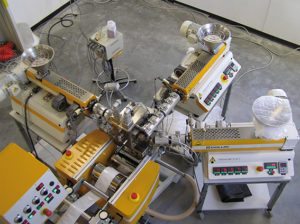 The workshop, organized in cooperation between the Proplast Consortium and the Department, saw the participation of numerous representatives of Italian academy and industry, to analyze the innovation needs of the packaging supply chain with a view to sustainability. This theme is more relevant than ever, given the recent discussions on the problems of the environmental impact of plastics and packaging.
The workshop, organized in cooperation between the Proplast Consortium and the Department, saw the participation of numerous representatives of Italian academy and industry, to analyze the innovation needs of the packaging supply chain with a view to sustainability. This theme is more relevant than ever, given the recent discussions on the problems of the environmental impact of plastics and packaging.
Due to the health emergency, the workshop work took place remotely using an online platform. The event was structured through a plenary session followed by four round tables in parallel on the key themes of the project:
– New materials and biomaterials;
– Ecological design and new production processes;
– Interaction with citizens and eco-marketing;
– Management/recycling of plastic packaging waste.
In detail, for the plenary session, two important representatives in the packaging sector were invited as speakers: eng. Antonio Protopapa, R&D director of Corepla, and dr. Sante Conselvan, president of FTA Europe.
The two speakers, from complementary points of view, provided an analysis of the packaging and sustainability issue, speaking respectively of recycling and waste management, citizen interaction and eco-marketing and new materials and ecological design. Subsequently, the working groups were formed that discussed the previously mentioned topics in parallel sessions.
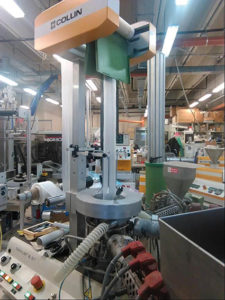 One of the objectives of the workshop was the development of a SWOT analysis aimed at highlighting the main strengths/weaknesses and the major perspectives/challenges that may emerge in implementing, in the near future, the transition of packaging sector towards circular economy.
One of the objectives of the workshop was the development of a SWOT analysis aimed at highlighting the main strengths/weaknesses and the major perspectives/challenges that may emerge in implementing, in the near future, the transition of packaging sector towards circular economy.
Downstream of the discussions, conclusions were drawn up by the coordinators of the individual tables.The recurring note in each of the thematic tables was the lack of highly qualified professionals, oriented towards innovation and equipped with multidisciplinary skills, capable of managing the changes required by the transition to more sustainable packaging models in the near future.
The most critical training needs that emerged from the debates can be summarized as follows:
– need to fill the competence gaps on performance and processability characteristics of bioplastics, currently not yet comparable with those of traditional plastics, especially as regards high barrier and high temperature applications, and full compatibility with conventional converting technologies;
– need to be able to correctly evaluate the overall environmental impact of packaging, considering its entire life cycle “from cradle to grave”, to develop effectively environmentally sustainable packaging in terms of materials, processes and properties of products;
– need to know how to communicate the degree of sustainability (in terms of biodegradability, compostability, recyclability) and the real environmental impact of a packaging in a clear and effective way, to allow them a more conscious choice;
– need to have appropriate guidelines, to be harmonized throughout the country, relating to the management of the end of life of packaging, which constitute an address for the eco-sustainable design of packaging and provide clear information and instructions on their disposal to citizens.
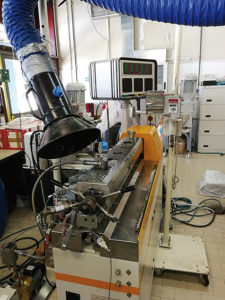 The considerations that emerged during the workshop will be used for the PackAlliance project precisely to implement new and innovative professional paths that the industrial world in the packaging sector requires to face today and in the future the evolution towards more sustainable materials and technologies.
The considerations that emerged during the workshop will be used for the PackAlliance project precisely to implement new and innovative professional paths that the industrial world in the packaging sector requires to face today and in the future the evolution towards more sustainable materials and technologies.
The workshop and its thematic tables proved to be a very profitable experience both for the quality and the high number of participants and for the effective and concrete contribution to the discussion, in the individual working groups, by the representatives of academic and industrial world.




